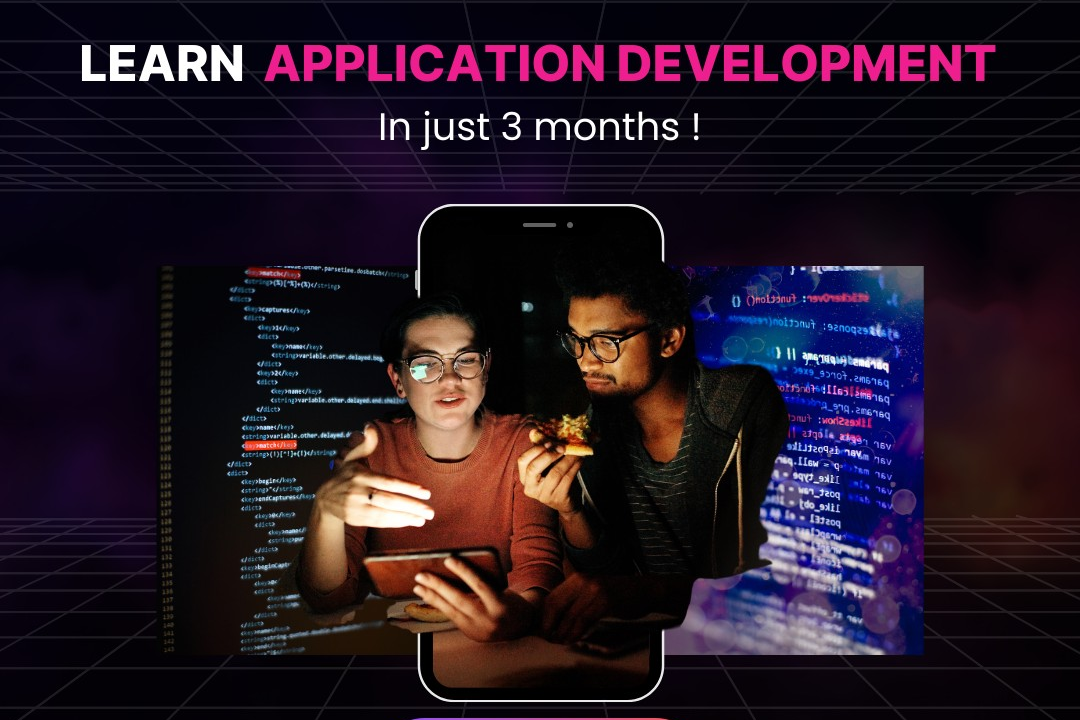Flutter Code Organization
Effective Flutter Code Organization Strategies
Flutter Code Organization
Flutter code organization typically follows a structured approach to promote maintainability and scalability of applications. A common convention involves dividing the code into directories such as `lib`, which contains the main application code, including features, services, models, and widgets. Within `lib`, developers often create subdirectories for separate modules or features, encapsulating all related files like UI components, business logic, and data management. Additionally, `assets` are organized in a dedicated directory for images, fonts, and other resources, while `test` holds unit and widget tests to ensure code reliability. Using the Model-View-ViewModel (MVVM) or Clean Architecture patterns further enhances clarity by separating concerns, allowing teams to collaborate efficiently and facilitating testing and debugging. Following these practices makes the project more comprehensible and easier to navigate for both current and future developers.
To Download Our Brochure: https://www.justacademy.co/download-brochure-for-free
Message us for more information: +91 9987184296
1 - Project Structure: Understand the default folder structure created by Flutter, including `lib`, `ios`, `android`, `test`, and their roles in the project.
2) lib Directory: The `lib` directory contains the main code for the app, including UI components, logic, and any other files necessary for the app’s functionality.
3) Dart Files Organization: Organize Dart files by features, screens, or components. For example, use a folder for each feature (e.g., `login`, `home`, `settings`).
4) Widgets: Build reusable widgets for common UI components to promote code reuse and maintainability. Place them in a separate folder if they are used across multiple screens.
5) State Management: Choose a state management solution like Provider, Riverpod, Bloc, or MobX, and organize your state management files accordingly.
6) Models: Create a `models` directory to define data structures used throughout the app. This helps separate business logic from UI.
7) Services: Implement services in a dedicated `services` folder for handling APIs, local storage, or any external systems your app interacts with.
8) Resources: Store images, fonts, and other assets in an `assets` directory. Maintain a structured hierarchy to keep assets organized.
9) Localization: Use internationalization (i18n) by organizing translations in a `localization` folder to support multiple languages.
10) Theming: Define themes, including colors and typography, in a dedicated `theme.dart` file to ensure consistent styling across the app.
11) Routing: Use a routing system to manage navigation. Define routes in a central location, making it easy to navigate between screens.
12) Testing: Implement unit tests, widget tests, and integration tests. Organize test files in a `test` directory mirroring the structure of the `lib` directory.
13) Documentation: Write clear documentation and comments throughout the code. Use Dart’s documentation comments to explain the purpose and usage of classes and methods.
14) Version Control: Utilize version control (e.g., Git) to manage code changes, collaborate with others, and maintain a history of the project's development.
15) Continuous Integration: Set up CI/CD pipelines for automated testing and deployment. Organize scripts and configuration files in a `ci` folder if needed.
16) Package Management: Manage dependencies using `pubspec.yaml`. Keep dependencies updated and organized, and consider adding comments for clarity.
By understanding and implementing these points, students can effectively organize their Flutter projects, leading to better maintainability, scalability, and collaboration in their development process.
Browse our course links : https://www.justacademy.co/all-courses
To Join our FREE DEMO Session: Click Here
Contact Us for more info:
iOS App Design Bootcamp
Job Opportunities In Android Mumbai
Java Code Quality Metrics
FLUTTER TRAINING IN BAGAHA
Web Design and Development Company in Delhi











